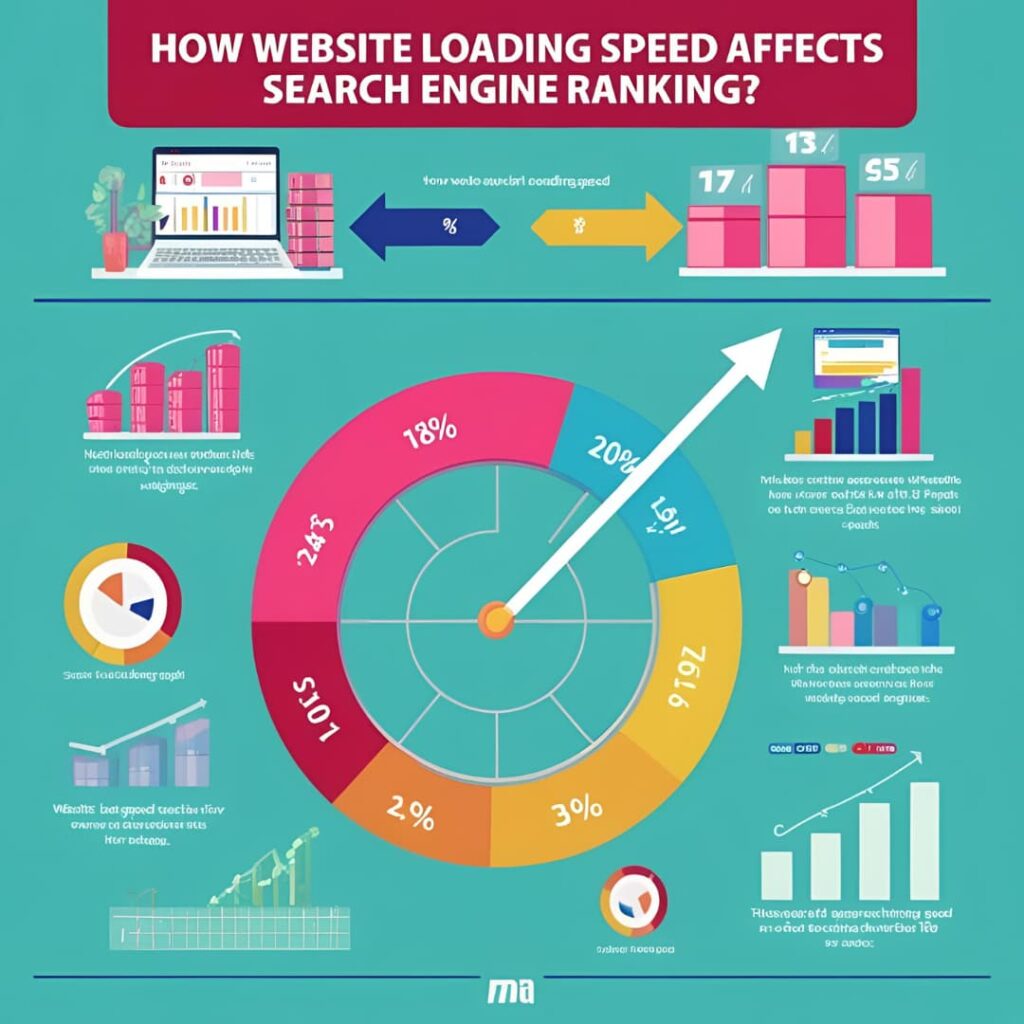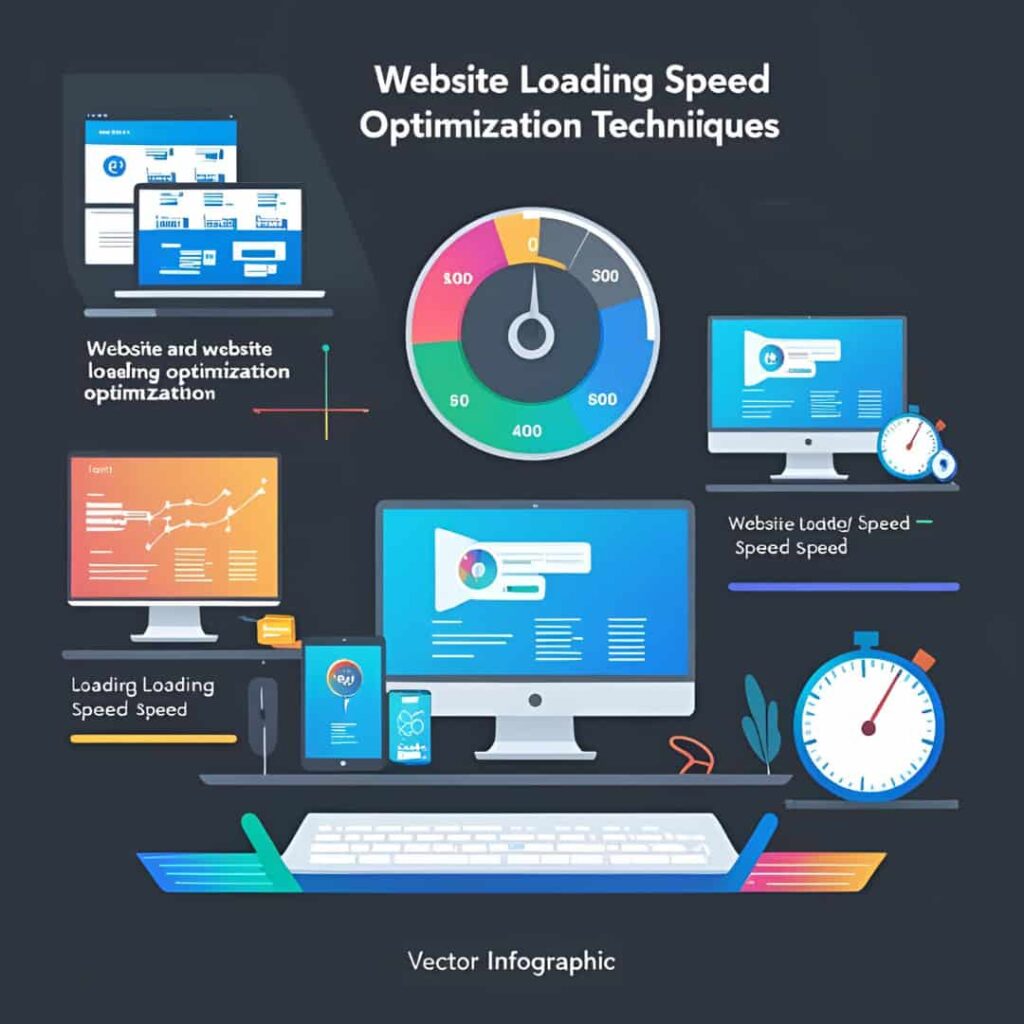In today’s digital age, having a website is crucial for businesses, bloggers, and individuals alike. However, with the ever-increasing competition online, it’s not enough to just have a website – it needs to be fast, reliable, and provide a seamless user experience.
The Impact of Website Loading Speed on User Experience
[Image: A graph showing the correlation between website loading speed and bounce rates]
When a website takes too long to load, visitors can quickly become frustrated and abandon the site. In fact, studies have shown that:
- 53% of mobile users abandon sites that take over 3 seconds to load
- 1-second delay in page load time can result in a 7% reduction in conversions
A slow-loading website can lead to:
- Higher bounce rates
- Lower engagement
- Reduced conversions
The Role of Website Loading Speed in SEO

Search engines like Google take website loading speed into account when ranking websites. A fast-loading website is considered a positive user experience signal, which can improve search engine rankings.
In fact, Google’s algorithm takes into account:
- Page speed as a ranking factor
- Mobile-friendliness and page speed as part of the mobile-first index
A slow-loading website can lead to:
- Lower search engine rankings
- Reduced visibility
- Lower organic traffic
Optimizing Website Loading Speed for Better Results

To improve website loading speed, consider the following optimization techniques:
- Use a Content Delivery Network (CDN): A CDN can help reduce the distance between users and website resources, resulting in faster page loads.
- Optimize Images: Compressing images can significantly reduce file sizes, resulting in faster page loads.
- Minify and Compress Files: Minifying and compressing HTML, CSS, and JavaScript files can reduce file sizes and improve page load times.
- Use Browser Caching: Enabling browser caching allows users’ browsers to store frequently-used resources locally, reducing the need for repeat requests.
- Upgrade Server and Hosting: Upgrading to a faster server or hosting plan can significantly improve website loading speed.
Conclusion
In conclusion, website loading speed plays a critical role in both user experience and SEO. By optimizing website loading speed, businesses and individuals can improve engagement, increase conversions, and boost search engine rankings.
Don’t let a slow-loading website hold you back – take action today and optimize your website for faster loading speeds!
Frequently Asked Questions (FAQs)
- What is a good website loading speed?
- Aim for a website loading speed of under 3 seconds.
- How can I test my website loading speed?
- Use tools like Google PageSpeed Insights, GTmetrix, or Pingdom to test your website loading speed.
- What are the consequences of a slow-loading website?
- A slow-loading website can lead to higher bounce rates, lower engagement, reduced conversions, and lower search engine rankings.
Share Your Thoughts!
How important is website loading speed to you? Share your thoughts and experiences in the comments below!
Related Articles:
- A Website Is Not Just a Digital Brochure: Driving Business Growth
- The Importance of Website Loading Speed for SEO and User Experience
Follow Us on Social Media!
Stay connected with us on social media for the latest updates, tips, and industry news.
